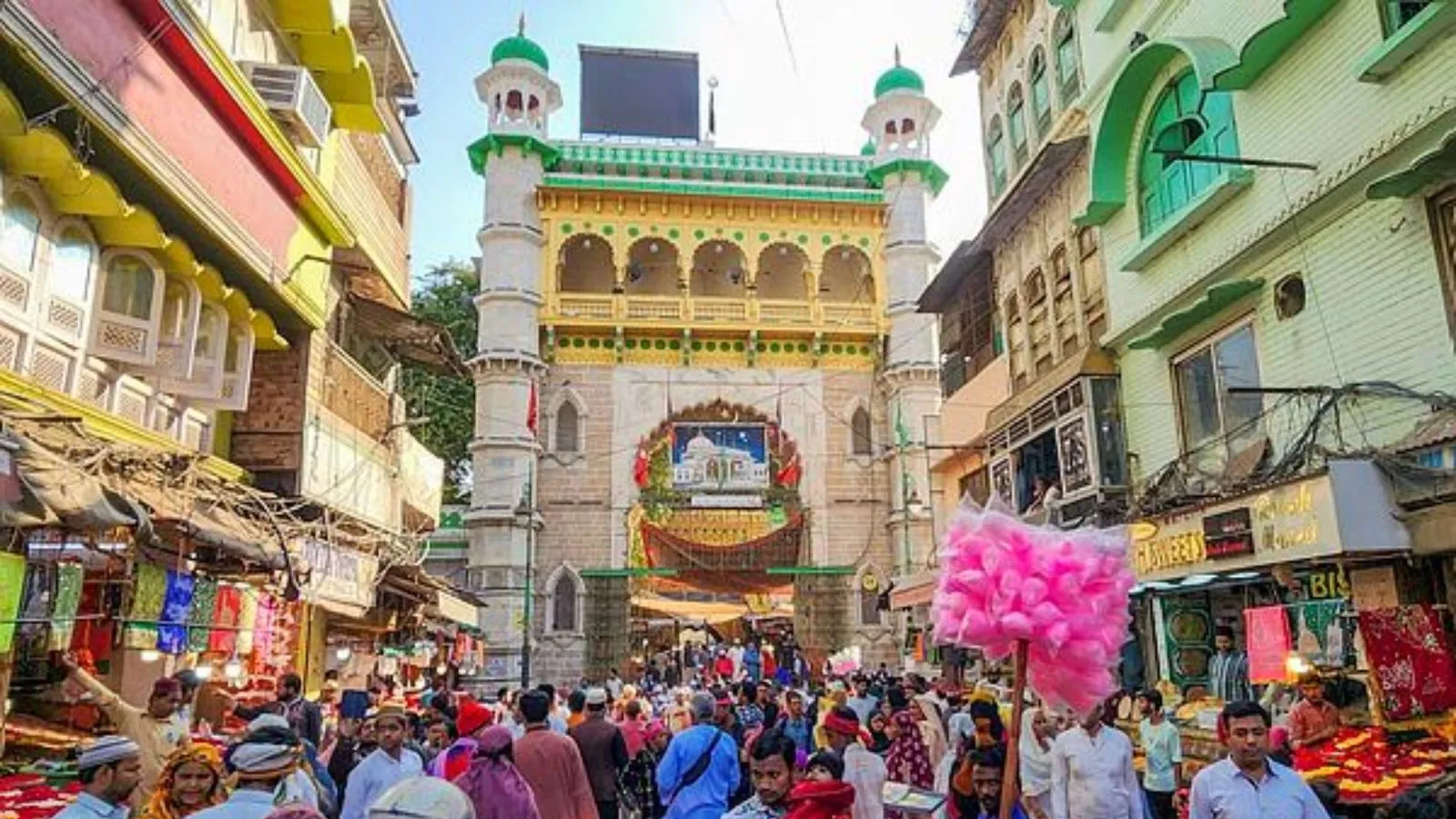 |
|
The recent notice issued by a Rajasthan court to the Centre and the Archaeological Survey of India (ASI) regarding the Ajmer Sharif Dargah has ignited a firestorm of controversy, particularly in Kashmir. The petition claims that the revered Sufi shrine is built on the site of a Shiva temple, a claim that has been met with disbelief and outrage by Kashmiri leaders. This event underscores deep-seated anxieties surrounding religious identity and the potential for escalating communal violence in a region already marked by a complex history of conflict and political instability. The concern isn't simply about the legal merits of the case; it's about the symbolic weight of the Dargah and the perceived threat to the religious harmony of India. Mehbooba Mufti, former chief minister of Jammu and Kashmir and president of the Peoples Democratic Party (PDP), explicitly linked the court notice to a previous Supreme Court ruling, suggesting it has opened the door to challenges against other minority religious sites. She warns of a dangerous precedent, drawing parallels between the current situation and the partition violence.
Mufti's concerns are echoed by Sajad Lone, president of the Jammu and Kashmir Peoples Conference (JKPC), who framed the legal action as another example of a broader trend toward the pursuit of imagined historical grievances, fueled perhaps by political expediency. He contrasts India's seeming lack of contribution to technological advancement with a perceived obsession with uncovering hidden temples. His observations are poignant, hinting at a deep-seated societal malaise where historical narratives are manipulated, and religious identities are weaponized for political gain. He lamented what he sees as a loss of India's soulful character, a nation once revered for its spiritualism and tolerance, now marred by political opportunism and religious polarization. Lone's critique isn't solely directed at the court notice; it's a broader indictment of the prevailing political climate and its impact on the social fabric of India. The stark contrast he draws between India's current trajectory and the religious tolerance he observed in Dubai serves as a powerful commentary on the challenges facing India’s future.
The Ajmer Sharif Dargah holds immense significance for Muslims across India and beyond. It is a place of pilgrimage and spiritual significance, transcending sectarian boundaries and fostering a sense of unity. Targeting such a site with claims of a hidden temple raises significant concerns about the potential for increased communal friction and violence. The perception of an attempt to disrupt the existing status quo, particularly in light of past instances of religious polarization, has understandably fueled fears among the Muslim community and beyond. The timing of the court notice also adds to the concern. Coming after periods of heightened communal tension, it's not difficult to see why many interpret it as a provocation or an attempt to exploit existing fault lines for political purposes. The consequences of such actions could be severe, further exacerbating religious divisions and undermining the fragile social harmony in a country as diverse as India.
The underlying issue is not merely about the legal merits of the petition challenging the Ajmer Sharif Dargah's status. It is a deeply political issue that touches upon the delicate balance between different religious communities in India. The reaction from Kashmir indicates a widespread sense of fear and distrust, raising questions about the larger implications of such actions. It highlights the need for a nuanced and sensitive approach to resolving such disputes, one that prioritizes social harmony and respects the religious sentiments of all communities. The legal process itself, in this instance, is being viewed through the lens of communal politics, with fears that it could potentially serve to further inflame religious tensions and undermine the already fragile social cohesion in the country. The broader implications extend beyond the immediate legal case and speak to the urgent need for respectful dialogue and reconciliation within India's diverse religious landscape.
The need for responsible leadership and a commitment to inclusive governance is paramount. Political leaders must avoid actions that could further escalate tensions. The focus should be on fostering dialogue, promoting mutual understanding, and ensuring that all citizens feel safe and secure in their religious practices. The current climate suggests a critical need for a reassessment of policies and practices that might inadvertently contribute to communal discord. Furthermore, educational initiatives that promote tolerance and understanding of different religious traditions are crucial to building a more cohesive and peaceful society. The events surrounding the Ajmer Sharif Dargah underscore the importance of protecting religious sites from becoming tools of political manipulation and the need to prioritize the safeguarding of communal harmony above all else.
